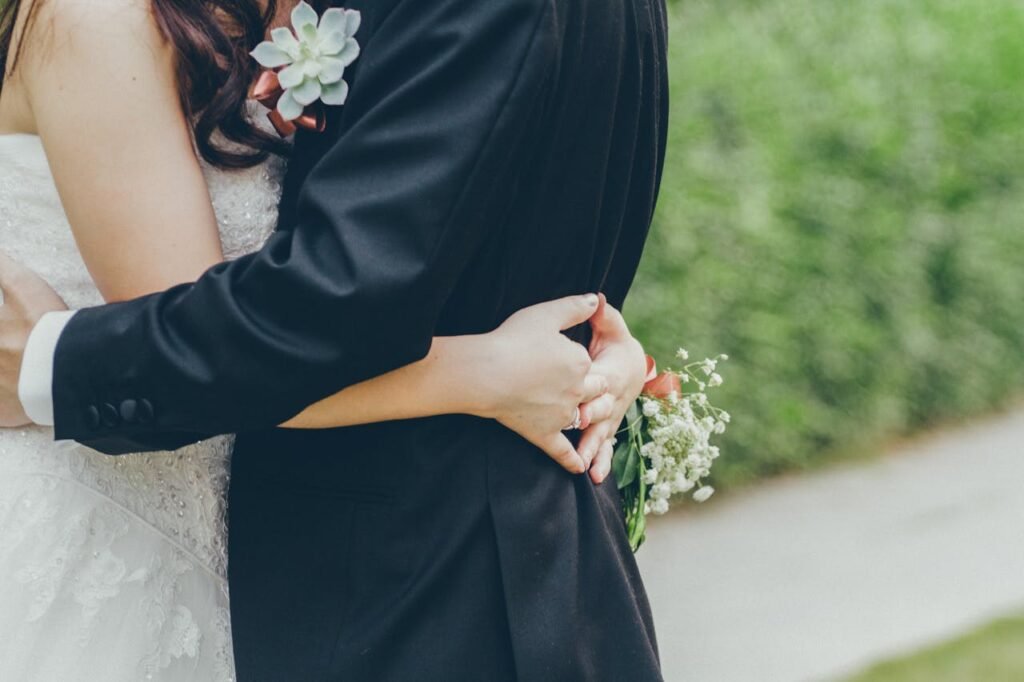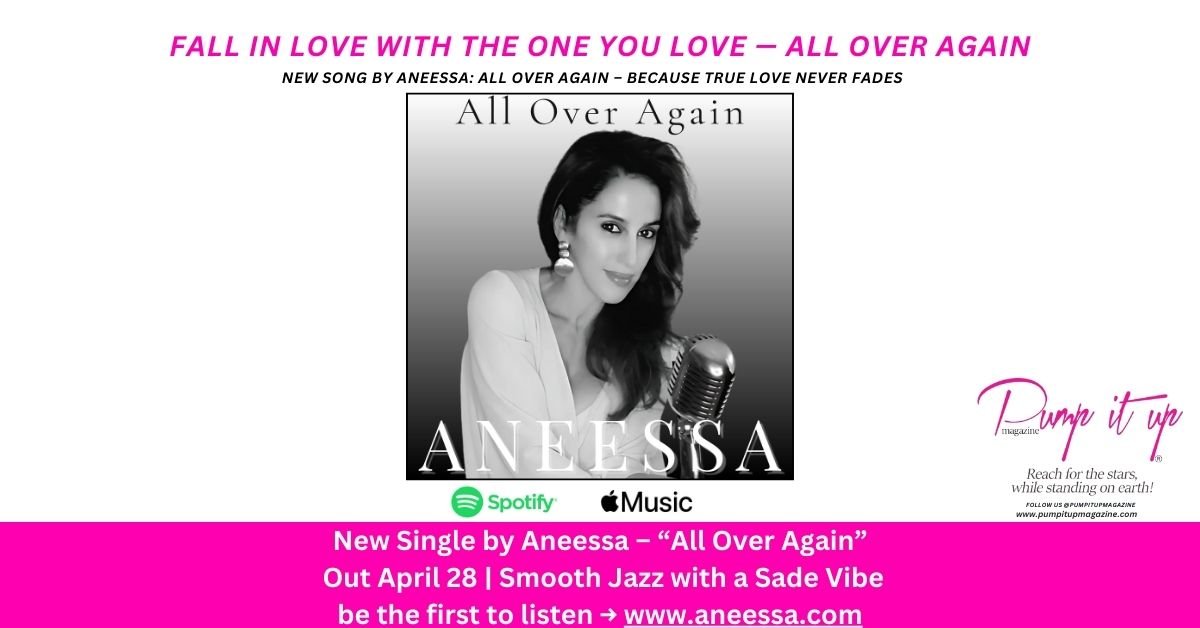Photo by Jeremy Wong:
Marriage is a significant milestone in many people’s lives, and the way it is celebrated varies widely. Two popular approaches are eloping and traditional weddings, each with distinct characteristics and appeals. Eloping, once considered taboo, has gained popularity as a practical and romantic alternative to conventional weddings. On the other hand, traditional weddings, with their time-honored customs and elaborate celebrations, continue to be a cherished choice for many couples. This article explores the key differences between eloping and traditional weddings, highlighting the unique aspects of each to help couples make an informed decision that best suits their preferences and circumstances.
Planning and Preparation
One of the most significant differences between eloping and having a traditional wedding is the level of planning and preparation involved. Traditional weddings often require months, if not years, of meticulous planning. Couples must choose a venue, caterer, florist, photographer, and more, coordinating these elements to create a seamless event. This process can be stressful and time-consuming, often involving detailed timelines and numerous decisions. For example, selecting a venue like the Hartford Society Room, which is one of the most classic and elegant wedding venues, requires careful coordination but promises a memorable experience. In contrast, eloping typically requires far less preparation. Many couples opt to elope spontaneously, with minimal planning. Even when some forethought is necessary, such as arranging travel and securing an officiant, the process is usually much simpler and quicker. This reduced planning can make eloping an attractive option for those who prefer a more relaxed and intimate approach to their nuptials.
Costs and Expenses
Financial considerations play a significant role in the decision between eloping and having a traditional wedding. Traditional weddings can be expensive, with costs quickly adding up for venues, catering, attire, entertainment, and more. According to various studies, the average cost of a wedding in the United States can exceed $30,000. This substantial financial commitment can be a burden for many couples. In contrast, eloping is generally much more affordable. By forgoing a large, elaborate event, couples can save on many expenses associated with traditional weddings. Eloping may only involve travel costs, a small fee for an officiant, and perhaps a modest celebration afterward. This cost-effectiveness can make eloping an appealing choice for budget-conscious couples or those who prefer to allocate their funds to other priorities, such as a honeymoon or future investments.
Guest List and Intimacy
The size and nature of the guest list are other critical distinctions between eloping and traditional weddings. Traditional weddings often involve extensive guest lists, including family, friends, colleagues, and acquaintances. This can lead to large, bustling events with hundreds of attendees. While such gatherings can be joyful and celebratory, they may also lack intimacy and personal connection. In contrast, eloping usually involves just the couple or, at most, a few close friends or family members. This small-scale approach fosters a more intimate and personal experience, allowing the couple to focus entirely on each other without the distractions of a large crowd. For those who value privacy and a deeper connection on their special day, eloping offers a unique and appealing alternative to traditional weddings.
Flexibility and Freedom
Flexibility and freedom are significant advantages of eloping over traditional weddings. Traditional weddings often adhere to a set schedule, with rigid timelines for the ceremony, reception, and other events. Couples must coordinate with vendors, venues, and guests, limiting their ability to make spontaneous decisions. In contrast, eloping offers unparalleled flexibility. Couples can choose their location, timing, and style without the constraints of a formal event. Whether it’s a mountaintop at sunrise, a beach at sunset, or a quaint courthouse, eloping allows couples to create a personalized and meaningful experience. This freedom can be particularly appealing for those who prefer adventure, spontaneity, and non-conformity in their wedding plans.
Cultural and Personal Significance
The cultural and personal significance of eloping versus having a traditional wedding varies greatly. Traditional weddings are steeped in cultural, religious, and familial traditions, offering a sense of continuity and shared experience with loved ones. They often include rituals and ceremonies that hold deep meaning for the couple and their families. This can create a profound sense of connection and community. Eloping, on the other hand, can offer a different kind of significance. It represents a bold, independent choice, reflecting the couple’s desire to prioritize their relationship over external expectations. For some, eloping can symbolize a romantic adventure, a private commitment, and a celebration of their unique bond. Ultimately, the choice between eloping and a traditional wedding depends on the couple’s values, priorities, and vision for their special day.












